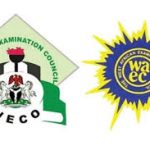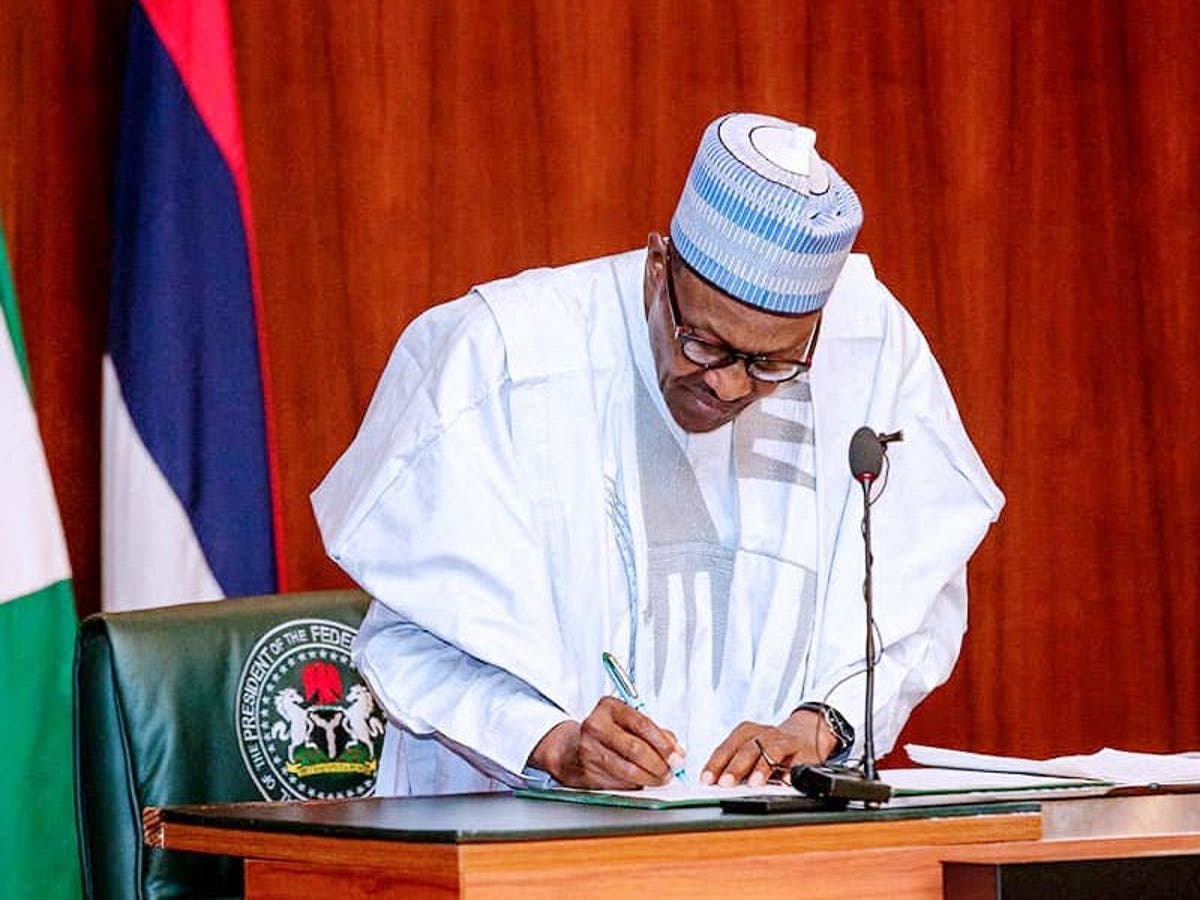The Federal Government has announced that beginning in 2027, only secondary schools staffed with certified teachers will be accredited as centres for national public examinations.
The directive was issued in a memo from the Minister of Education, Tunji Alausa, to the Registrar and Chief Executive of the Teachers Registration Council of Nigeria (TRCN). It aligns with the government’s push to professionalise teaching and strengthen quality assurance in the education system.
According to the minister, schools whose teachers are not registered and licensed with TRCN will be barred from hosting examinations conducted by the West African Examinations Council (WASSCE), the National Business and Technical Examinations Board (NABTEB), the National Examinations Council (NECO), and the National Board for Islamic and Arabic Studies (NBAIS).
“Accordingly, effective from March 2027 for WASSCE, May 2027 for NABTEB, June 2027 for NECO, and June 2027 for SAISSCE, any school whose teachers are not duly registered and licensed with the TRCN shall be disqualified from serving as an examination centre,” Alausa said.
He directed state governments to align with the new policy and ensure both public and private schools take necessary steps to comply.
The government has given schools a two-year compliance window. By 2026, institutions are expected to demonstrate a minimum 75 per cent compliance rate, with full compliance required by 2027. Schools that fail to meet this benchmark risk being struck off the accreditation list.
To support teachers who are not education graduates but have at least one year of classroom experience, the government has introduced an abridged certification pathway. Such teachers will be required to enrol in professional short courses offered by the National Teachers Institute (NTI), lasting between three and six months. Upon completion, they can register with the TRCN and obtain professional licensing.
Alausa urged teachers and school administrators to take the directive seriously and embark on aggressive awareness campaigns to prevent disruptions to public examination accreditation. He stressed that compliance is now a matter of urgency and must be treated as a top priority nationwide.
The directive follows a series of reforms recently introduced by the government to improve professionalism in the teaching sector. Last month, the TRCN launched a digital portal to streamline registration, licensing, and renewal processes for teachers. The platform also supports professional development, ethical verification, and the scheduling of the TRCN Professional Qualifying Examination (PQE).
As part of the reform, the PQE has been streamlined from 23 subjects to five core areas: foundational mathematics, literacy, pedagogy, digital literacy, and safeguarding. In addition, the government has introduced a mandatory ethics and criminal record screening framework to eliminate impersonation, certificate forgery, and the employment of unqualified teachers in schools.
By enforcing the new directive, the Federal Government aims to ensure that only qualified and licensed professionals are responsible for teaching and preparing students for national examinations. Education stakeholders say the policy could mark a turning point in Nigeria’s battle against declining standards in secondary education if effectively implemented.










